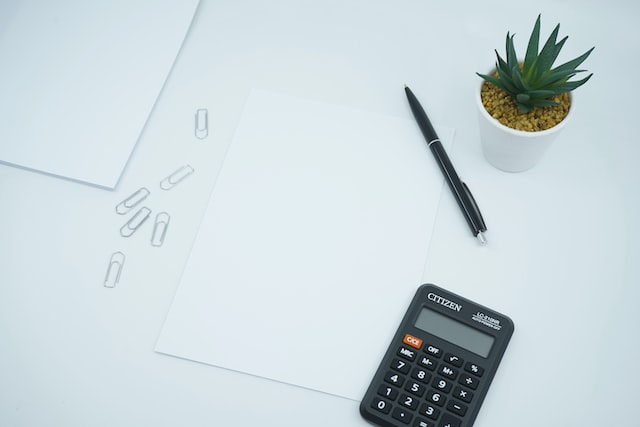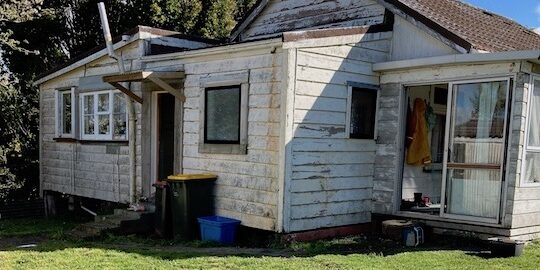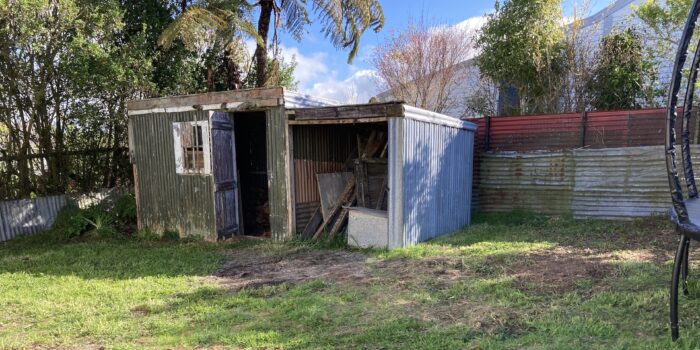How To Re-set Your Finances For The New Year
January is often the time for resolutions and intentions to change our lives. You might have realised you need to re-set your finances, either have a complete overhaul, or make some tweaks to optimise everything (I’m somewhere in between!).
However, there are so many aspects to finances that it might feel overwhelming even thinking about it, and thus good intentions (those New Year’s resolutions) are soon forgotten or swept under the rug.
So, I thought I would share my steps to re-set my finances in 2023, hopefully it might help you feel less overwhelmed by all of it!
When to re-set your finances
First of all, when should you re-set your finances?
Well, personal finance is a living, breathing thing, so your finances should really be reviewed, and possibly tweaked in regular intervals.
So much can happen in life, that reviewing your finances yearly would be a minimum in my opinion.
Also, whenever something changes, it is good to check that everything is on track.
Like your income changes, there’s an addition to your family, your expenses change, you take on debt, you get rid of debt, your goals change… I could go on and on.
Personally I now track my expenses weekly, and consult my (more detailed than before) budget at least monthly. (You can read about it here.)
I’m also working on making more specific financial goals at the moment, which is part of my finance re-set.
So, where to start?

Step 1: Where do you want to get?
In order for you to figure out what to do, you really need to first know where you want to end up.
Having no end goal in sight would be like trying to get from A to B without knowing where B is.
This goal could be as long term as you want, or short-term to make it feel less daunting.
It could be getting rid of your debt, or buying a house, or retiring early.
As long as you decide, it will give you some real numbers to work with, which helps with motivation as well.
Depending on your goal, you might need to do some research on what you need to work towards. Then make it visible, write it down, re-read it regularly, imagine what it will be like when you reach it.
This should help keep you motivated and on track. After all, personal finance is a marathon, not a sprint.
Step 2: Where are you now?
Knowing what your current financial situation is so important, how else would you know what it will take to get where you want to go?
If you don’t know how much debt you have, how do you make a plan to pay it off? If you don’t know how much money you can save, how do you make a realistic plan to save for a house deposit? And so on.
To figure out your current situation you should list all your debts, then savings. You can also calculate your net worth, which is your assets minus your liabilities (a fancy way to say what you own minus what you owe).
Then you should tally up all your income, then compare it to your expenses. To get this as accurate as possible (to make sure your goals are realistic) you can either keep a spending diary where you write down everything you spend for at least a month (3 months would be more ideal), or print out your past 3 months worth of bank statements and go through them.
Both ways are a bit of work, but it will be worth it in the end. It will just give you a much better, more accurate idea of your cash flow (how your money comes in and goes out again).
By the way, having negative net worth is fairly normal, especially if you are young. Mine for example is well and truly red because of student loans and buying our first home recently.
Negative cash flow on the other hand is alarming because it means that you are going backwards, spending more than you are earning.
We should work towards having a cash surplus (spending less than we earn) so we can work towards our goals with that surplus.
Step 3: Make a plan for your money
Once you know where you are at now, and where you want to get, you can make a proper plan to actually get there.
It means writing a budget.
Budgets have a bad reputation, too constricting, sucking the fun out of life and impossible to stick to. Those who are on “a budget” are pinching pennies and having hard time to make ends meet.
But essentially, budget is just a plan on how YOU want to spend your money. It is not some cookie cutter solution that doesn’t actually work for you or your life.
You choose what you want to spend your money on.
A budget will help you spot and stop spending money on things that you don’t actually value.
This doesn’t mean that you never have to make sacrifices though.
Maybe you keep your beauty appointments, but reduce how much you eat out. Or the other way round.
Or you just accept that it will take longer to get to your end goal if there’s only little you are willing to sacrifice from your current lifestyle.
Do whatever will make it easier for you to stick to the goal and make progress. Maybe seeing the progress along the way will inspire you to make some more short term sacrifices to reach that goal.
It’s surprising what we can go without to get something exciting and what we truly value!

Step 4: How to stay motivated
Okay, so we have figured out our big goal, where we are starting from and how do we get from where we are to our big goal.
But in front of big goals it can be hard to stay motivated. Sometimes the going is so slow you lose heart.
A great way to stay motivated is to not only read your goal and reasons for your goal regularly, but to set up little milestones in between and celebrate reaching them.
This way you will get to feel the joy of success and it is easier to see the progress.
Feeling like you’re getting closer to the goal is very motivating for a lot of people.
For example, if you are saving for a house deposit, and let’s say you need to save $30,000. You could set your mini goal as saving $1,000-$5,000, and when you reach that, you celebrate.
Celebration doesn’t have to be elaborate and expensive, it could be taking time to do something for yourself, instead of hustling towards your goal.
For me, my next reward for reaching my mini goal will be a home foot spa. I’m usually always doing something, as a mum, working, volunteering or working on Love of Finance that I rarely take time for just me.
Now, it would be good if these goals had clear completion time. It’s okay if you don’t reach them, but in that case some reflection would be good, as to why it wasn’t reached. Do you need to put more effort in? Or was the goal maybe unrealistic?
You can have as many mini goals as you want between the starting point and the end goal. Again, whatever helps you stay motivated!
Personally I need frequent feelings of success to avoid frustration and giving up. So I have small mini goals.
So you re-set your finances, what then?
Doing the numbers is just the start. Next, you need to do the work to get where you want to go.
Keeping track of your progress is important so you know if you are actually working towards your goal, rather than getting distracted or falling behind your own schedule.
Check in on at least once a month to see if you’ve stuck to your budget, if you’ve reached or are closer to your mini goals and tweak your plan as you go.
There’s nothing wrong in changing things up if it turns out the way you started isn’t actually working for YOU.
Personal finance is personal. We all have our own triggers, strengths, weaknesses and values.
The best way to reach your goals is to take all those into consideration and go about it all the way that works best for you.
And how do you learn what works best for you?
By trying different approaches, and then regularly reflecting whether it is working for you or not.
To reflect you can ask yourself the following for example:
- Was it easy or hard to stick to the budget?
- Did I take into account all the expenses I have?
- Did I make progress towards my goal? Was it as much as I expected?
- Is there a way I could get to my goal faster?
When was the last time you re-set your finances? Were you able to reach your goal? Let me know in the comments!







